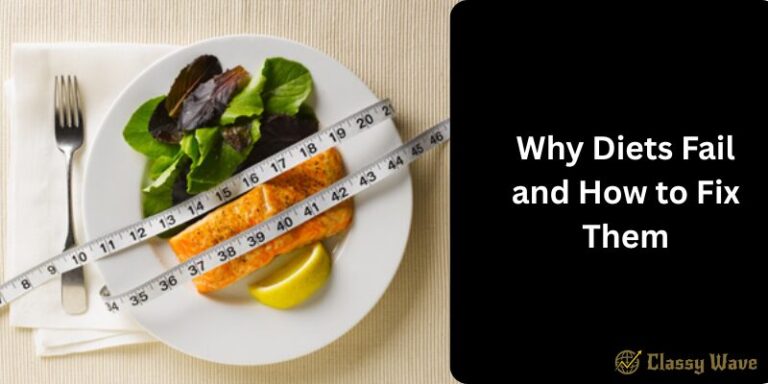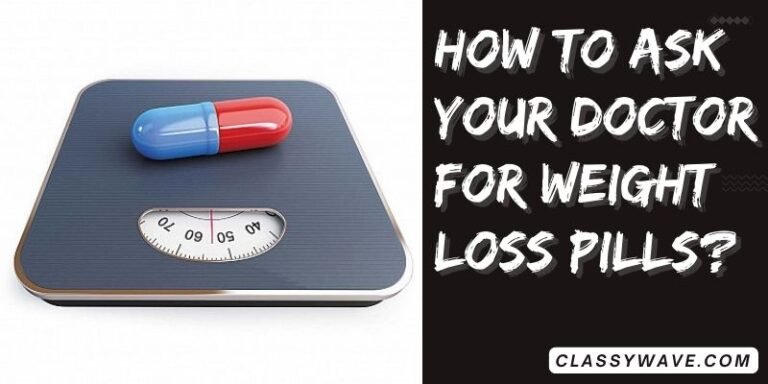when to drink protein shakes for weight loss females?
Protein shakes are a convenient way to consume protein, which is an essential macronutrient for building and repairing muscle tissue. Protein shakes can be made with a variety of ingredients, including protein powder, milk, fruit, and vegetables.
Why are protein shakes good for weight loss?
Protein shakes can help you lose weight in a few different ways. First, protein is a satiating macronutrient, which means that it helps you feel full after eating. This can help you eat less throughout the day and reduce your overall calorie intake.
Second, protein can help you preserve muscle mass while losing weight. This is important because muscle tissue burns more calories at rest than fat tissue. So, the more muscle mass you have, the more calories you burn each day, even when you’re not exercising.
When should I drink protein shakes for weight loss?
There are a few different times when you can drink protein shakes to support weight loss:
- Breakfast: A protein shake can be a quick and convenient breakfast option that can help you stay full until lunchtime.
- Pre-workout: Drinking a protein shake before your workout can help you perform better and reduce muscle soreness afterward.
- Post-workout: Drinking a protein shake after your workout can help your muscles recover and repair.
- Snack: A protein shake can be a healthy and filling snack option between meals.
- Meal replacement: If you’re trying to reduce your calorie intake, you can replace one or two meals per day with a protein shake.
How much protein should I consume per day?
The recommended daily intake of protein for adult females is 0.8 grams per kilogram of body weight. However, if you’re trying to lose weight, you may want to increase your protein intake to 1.2-1.7 grams per kilogram of body weight.
How to choose the right protein powder
When choosing a protein powder, it’s important to look for one that is low in sugar and artificial ingredients. It’s also important to choose a protein powder that is made from a high-quality source of protein, such as whey, casein, or soy protein.
Protein Shake Timing for Optimal Weight Loss Results:
Discover the ideal times to consume protein shakes for effective weight loss, maximizing their impact on metabolism and muscle preservation during key periods.
Balancing Protein Shakes with a Healthy Diet:
Learn how to integrate protein shakes into a well-rounded, nutritious diet, ensuring that they complement other food choices for overall health and sustained weight loss.
Considerations for Protein Shake Ingredients:
Explore the importance of selecting quality ingredients for protein shakes, emphasizing nutritional value, and understanding how ingredient choices impact weight loss goals.
The Role of Exercise in Conjunction with Protein Shakes:
Uncover the synergies between protein shakes and exercise, examining how their combination enhances weight loss efforts and supports muscle development and maintenance.
Potential Drawbacks and Risks of Protein Shake Consumption:
Assess the potential downsides and risks associated with consuming protein shakes, addressing concerns and making informed decisions about their inclusion in a weight loss plan.
Personalizing Protein Intake for Weight Loss Goals:
Tailor your protein intake to individual needs and weight loss objectives, recognizing that personalized approaches yield more effective and sustainable results.
Incorporating Protein Shakes into a Sustainable Lifestyle:
Explore strategies to seamlessly integrate protein shakes into a sustainable and balanced lifestyle, ensuring long-term adherence to healthy habits and weight management.
Monitoring Protein Intake to Avoid Overconsumption:
Understand the importance of monitoring protein intake, preventing potential overconsumption, and maintaining a healthy balance for optimal weight loss results.
Addressing Common Myths about Protein Shakes and Weight Loss:
Debunk prevalent myths surrounding protein shakes and weight loss, providing evidence-based insights to clarify misconceptions and guide informed decision-making.
Seeking Professional Guidance for Weight Loss Strategies:
Emphasize the significance of consulting with healthcare professionals or nutritionists for personalized advice, ensuring that weight loss strategies align with individual health needs.
Protein Shakes as Part of a Comprehensive Weight Loss Plan:
Highlight the role of protein shakes within a holistic weight loss plan, emphasizing their contribution to overall health and well-being when combined with other lifestyle factors.
Enhancing Flavor and Variety in Protein Shake Recipes:
Explore creative ways to add flavor and variety to protein shakes, making them enjoyable and sustainable components of a weight loss journey.
Protein Shake Myths vs. Scientific Realities:
Differentiate between common misconceptions and scientific realities surrounding protein shakes, providing evidence-backed insights to guide accurate decision-making.
Hydration Habits and Protein Shake Efficacy:
Examine the relationship between hydration and the effectiveness of protein shakes, emphasizing the importance of adequate water intake for weight loss goals.
The Impact of Sleep on Protein Utilization for Weight Loss:
Delve into the connection between quality sleep and the body’s ability to utilize protein for weight loss, highlighting the role of rest in achieving desired outcomes.
Mindful Eating and Protein Shake Consumption:
Integrate principles of mindful eating with protein shake consumption, promoting awareness and fostering a positive relationship with food during weight loss efforts.
Social and Cultural Aspects of Protein Shake Adoption:
Consider the social and cultural dimensions of incorporating protein shakes into daily life, addressing potential challenges, and leveraging community support for sustained success.
Protein Shakes for Women:
Explore how protein shake consumption can be tailored to meet the specific nutritional needs of women, especially considering hormonal fluctuations and their impact on weight loss.
Eco-Friendly Protein Shake Choices:
Discuss environmentally conscious options for protein shakes, emphasizing sustainable packaging, responsible sourcing, and ethical production practices in the context of weight loss.
Protein Shake Alternatives
Explore alternative nutrient sources beyond traditional protein shakes, promoting a diversified approach to meet dietary needs and enhance weight loss outcomes.
Conclusion:
In conclusion, integrating protein shakes strategically throughout the day can enhance weight loss efforts for females. Whether as a meal replacement, pre/post-workout fuel, or a satisfying snack, protein shakes contribute to satiety, muscle preservation, and overall metabolic support. Selecting high-quality ingredients, personalizing protein intake, and addressing myths are crucial. Combined with exercise, mindful eating, and professional guidance, protein shakes can be a valuable component of a comprehensive and sustainable weight loss plan, promoting health, flavor diversity, and environmental responsibility.
FAQs
Question: “Can I drink protein shakes every day for weight loss?”
Answer: Yes, but balance with a varied diet to ensure overall nutrition while using protein shakes strategically for satiety.
Question: “Best time to drink protein shakes for weight loss?”
Answer: Ideal times include breakfast, pre/post-workout, or as a snack to support metabolism, muscle preservation, and fullness.
Question: “How much protein should a woman consume for weight loss?”
Answer: Aim for 1.2-1.7g/kg of body weight, slightly higher than the general recommendation, to aid weight loss and muscle retention.
Question: “Are there risks associated with too much protein from shakes?”
Answer: Excessive protein intake may strain kidneys. Monitor and align with personalized needs for effective weight loss.
Question: “Can protein shakes replace meals entirely for weight loss?”
Answer: Yes, but it’s advisable to consult professionals. Replacing one or two meals can aid calorie reduction and weight loss.







